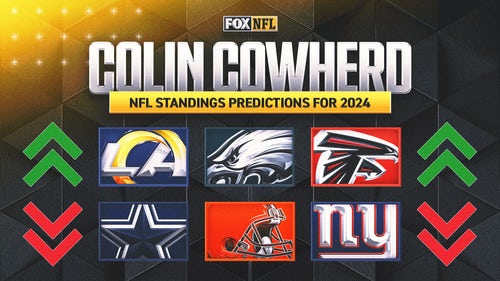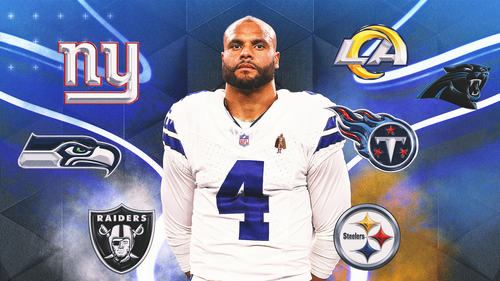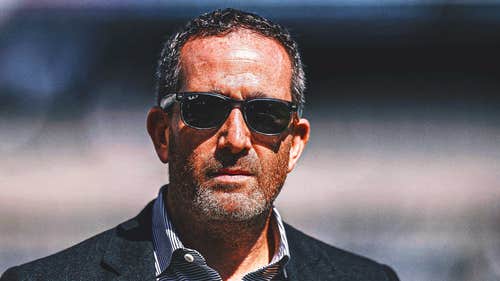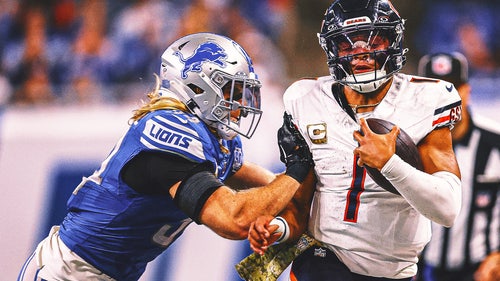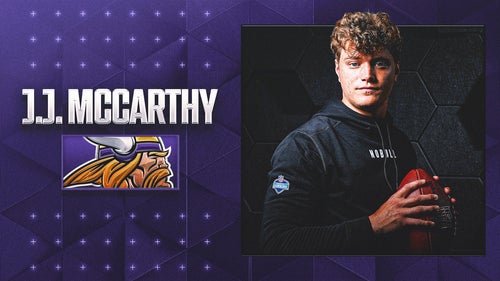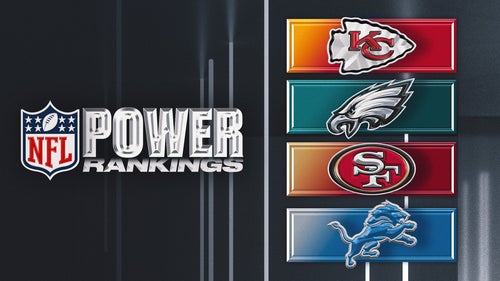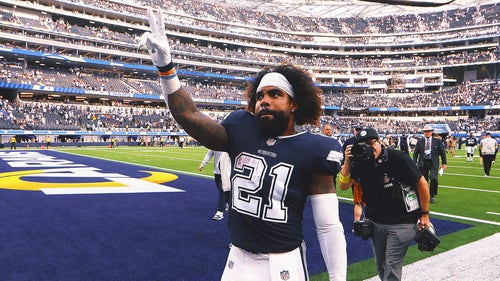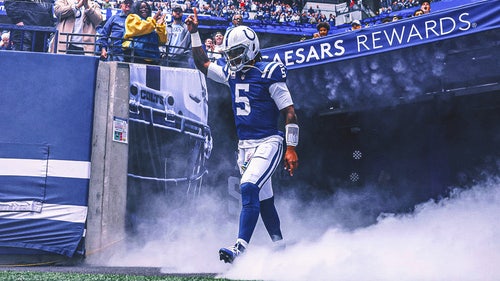
NFL owners finally make real progress
Tornado warnings were issued late Tuesday afternoon in Chicago, in what turned out to be a relatively tame day in the NFL world when so many had expected serious storm clouds to be present within the room where owners gathered at the Westin Hotel near O'Hare Airport.
It was supposed to be a day when some owners would voice serious concerns about where the negotiations were headed. Apparently, that wasn't the case. It was supposed to be a critical day for commissioner Roger Goodell, who has been working to keep his bosses somewhat happy and united.
On that front, he seems to have succeeded. While some owners have reservations about certain aspects of the deal's framework, it's apparently not a large enough group to scuttle the deal or slow momentum.
It was supposed to be a day when owners might have to stay another day to get their work done. Instead, the meeting adjourned after just five hours, and plans were confirmed to continue face-to-face discussions with the players starting Wednesday in the Boston area.
Finally, there is true hope. Finally, there appears to be enough momentum to get a deal done, if not by the July Fourth holiday, not long afterward.
As commissioner Roger Goodell said, "I speak to fans all the time, and the anxiety level is very high. I think the best thing I can tell them at this stage is we're working as hard as we possibly can, and we'll go the extra mile to try to reach that agreement. We know how important football is to fans, and we want to deliver on that."
The swords have been put away, and true compromise is on the horizon.
Added Goodell, "Our ownership continues to be determined to reach an agreement to make sure we play that full season. They're united. They believe that, in the best interests of the game, we need to correct various aspects of the collective bargaining agreement. But everyone is determined to get that done and still have the full 2011 season."
Originally, the league tried to do that by proposing to take an extra $1 billion off the top of all league revenues before the players shared in the 57.8-percent average from 2006-09. The actual percentage of all revenue for those four years was 51.5.
At one point prior to the lockout, the players proposed a simple 50-50 split of all revenue, an offer that received no response. How ironic, then, that what the league is apparently comfortable with is a 52-48 split, although it's possible the split could end up being 46.5 percent, but no lower.
While those percentage-point differences don't seem that significant, they obviously can be when billions of dollars in revenue is being shared.
For example, 51.5 percent of $9 billion is $4.64 billion. The player share would drop to $4.32 billion at 48 percent and $4.19 billion at 46.5 percent. The per-team difference in the two percentages is $10 million and close to $15 million less.
However, if the league can generate close to $1 billion a year in a 16-game Thursday night package (accounting for a slight reduction for CBS and FOX for games lost), that would mean an additional $480 million for the players and no less than $465 million. The 48-percent model would mean an additional $15 million per team, more than making up for the lost revenue. Even at 46.5 percent, the per-team gain would be $14.5 million, nearly offsetting that $15 million reduction.
The players, of course, would also share in whatever revenue increases there are, especially when the TV contracts come up for new deals in 2014. That prime-time package could be worth more than what would have been received from all the networks for an extra two games.
It would also be likely that when the league starts the bidding process for the Thursday package, they could then seek to redo the final two years of the other networks' deals and extend them, knowing they didn't miss games this year, thus negating the need to collect the TV money in the lockout insurance controversy.
Another key component of the new deal is the mandate that all teams spend in cash close to the number that will be the salary-cap minimum for each team. That will benefit players on teams that consistently barely reached the minimum and often did so because of dead money (players no longer on the team), or by playing games with incentives that wasn't actual money spent.
Obviously, time is of the essence because of the time it will take once a verbal agreement is reached, to then communicate the specifics to the teams so they can begin planning while the paperwork is completed.
Said league attorney Jeff Pash, "We would have to make sure the documents were fully drafted and approved, then both parties would have to ratify the agreement. We would have to do it, and the players would have to do it. There is some litigation that has to be dealt with, and so we would have to go before the various courts, and that would obviously (need to happen) on a quickened basis, as the court would hear us and have those lawsuits disposed of and resolved. Then we could open up.
"I think both sides know what the calendar is and understand the consequences of delay, so we would move expeditiously. And I'm confident they (players) would move expeditiously. If both sides are going to commit to certain positions and clubs are going to be signing players, large sums of money are going to be changing hands and players are going to commit to multiyear agreements, you would want to have this confirmed — not just in a general way but down to some fairly specific details."
What's encouraging is the league is talking about what it will take to conclude the deal. Now, they just need the players to sign off. Once the specifics of how the rookie pay system will work is finished, it appears to be smooth sailing.
As Goodell concluded, "I think it's a tremendous positive that the principals are talking, that players and owners are talking to one another and negotiating. The objective here is to get something that works for everybody.
"It's not what everybody wants; it's what everybody needs to reach an agreement that is fair and balanced and is going to work to make our game better and continue to grow."
Howard Balzer is a Senior NFL Writer for The Sports Xchange






































































































































